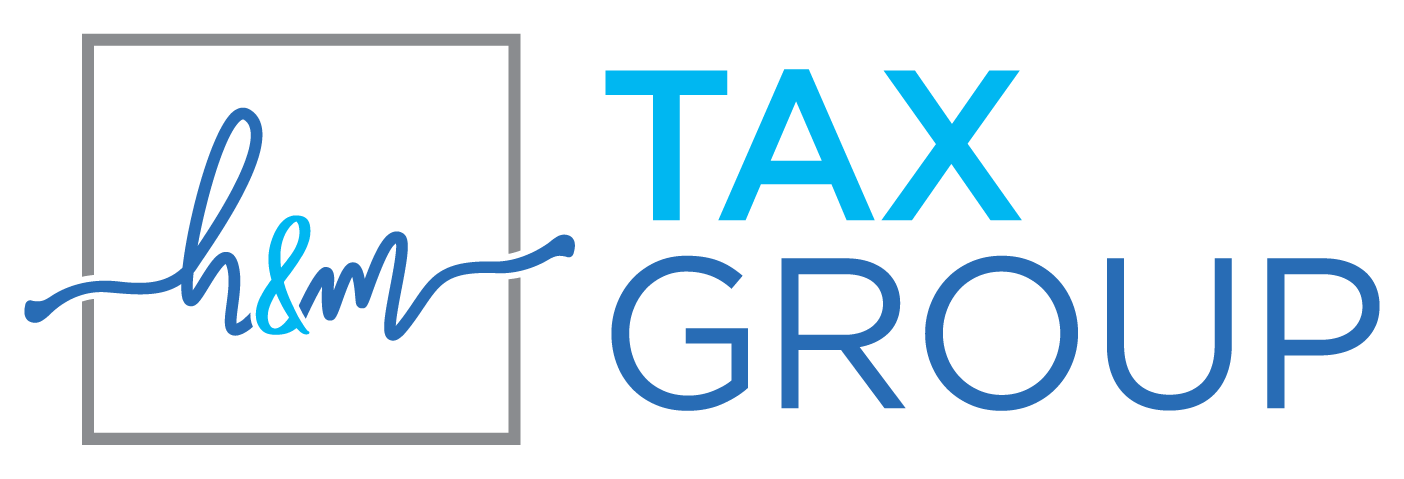It is tax season every year, and millions of Americans find themselves wondering the same question; Do I really need to file this year? It is one of those financial questions that causes one to be awake late at night. It is more stressful when, on top of that, you are not certain enough whether you earned enough money or not to be concerned about that. As a licensed tax professional, I have spent years helping people understand the IRS income threshold and the legal filing requirements limits. This blog also breaks down to the exact amount of money you need to earn, even to be required to file taxes, either because it is considered an income or not, and why actually filing might benefit you even when you do not need to.
What is the amount of income required to file with the IRS?
The income threshold provided by the IRS is just the number chosen by the government. You have to file a tax return if you earn more than that amount. In case you earn less, you may not have to submit. The majority of taxpayers are also entitled to the Standard Deduction. The standard tax deduction is an unchanging amount that the IRS allows you to deduct from your earnings. Standard Deduction is automatic, and it is computed using the age and filing status of the individual. The kinds of deductions that you would be claiming on your tax filing define how much of your income would be subject to taxation. Thus, when you have less than the Standard Deduction for your income and no other income to declare, you will not need a tax filing.
Gross income thresholds
By 2025, taxpayers will not be required to complete a tax return, provided all the following requirements are met:
- under age 65
- Single filing status
- You are not subject to any special requirements (such as self-employment income) that would mean that you should file.
- have less income than below $15,750 (the 2025 Standard Deduction of a taxpayer who has been away as Single)
- This is an earning threshold of 2024 (2024 Standard Deduction) of $14600.
How Does the IRS Know You Need to File a Tax Return or Not?
The IRS considers a couple of easy things in determining whether or not to file. Let me break it down:
- Your marital status – Are you unmarried? Married? Head of household? All categories have varying limits of filing requirements, which dictate when to file.
- Your age – When you are 65 years and above, you receive a marginally greater income threshold provided by the IRS, which implies that you are able to earn more before filing.
- Your total income – This is the money gained through employment, hobbies, and even at the garage sale where you sold your old furniture.
- Status of dependency – When your parents claim you as their child on their tax returns, your filing requirements are smaller and normally less.
- Exceptional circumstances – There are various exceptional cases, such as being an independent worker or a particular government income, that may alter the entire regulation.
Are there any Different Tax Income Filing Rules for Self-Employed individuals?
Yes, self-employed workers have completely different policies. I will demonstrate by the following table:
| Worker Type | IRS Income Threshold | Special Rules |
| Self-Employed/Freelancer | $400 or more | You pay your own taxes quarterly; filing requirement limits are much lower! |
| Business Owner | $400 or more | Must file Schedule C; track all business expenses carefully |
The Expert H&M Tax Group team is licensed and can assist you in understanding what is treated as business income and what is deductible.
How can filling in a tax return help you get a refund or benefit?
You like these: just because you do not have the legally required IRS income threshold does not mean that you should not file! Here’s why:
- Repay tax money – circumstances may arise in which you are entitled to receive back money you paid in taxes when your employer deducts it off your paycheck, and the filing requirement restrictions are not imposed on you, but you specifically filed them.
- Claim Earned Income Tax Credit – It provides money to working families with low incomes. You are required to file to obtain it even if you are below the filing requirement limits.
- Children’s Tax Credit – parents are entitled to receive money for each child. Claiming it is only possible through filing.
- Stimulus payment – Occasionally, the government makes special payments to you; however, you must have filed a tax return to receive them.
- Documentation of income – Landlords, loan agencies, and even certain Dallas adoption agencies may require you to provide your tax return to show income.
Conclusion
At H&M Tax Group, we assist in filing your taxes on time with precision. You can require our services to take care of your books, QuickBooks, and the filing of income taxes in challenging situations. Our licensed professionals are available to ensure it is all easy. Remember: The first step is to know your IRS income threshold and requirement limit to which you must file income. The second wise step is to seek professional assistance.


